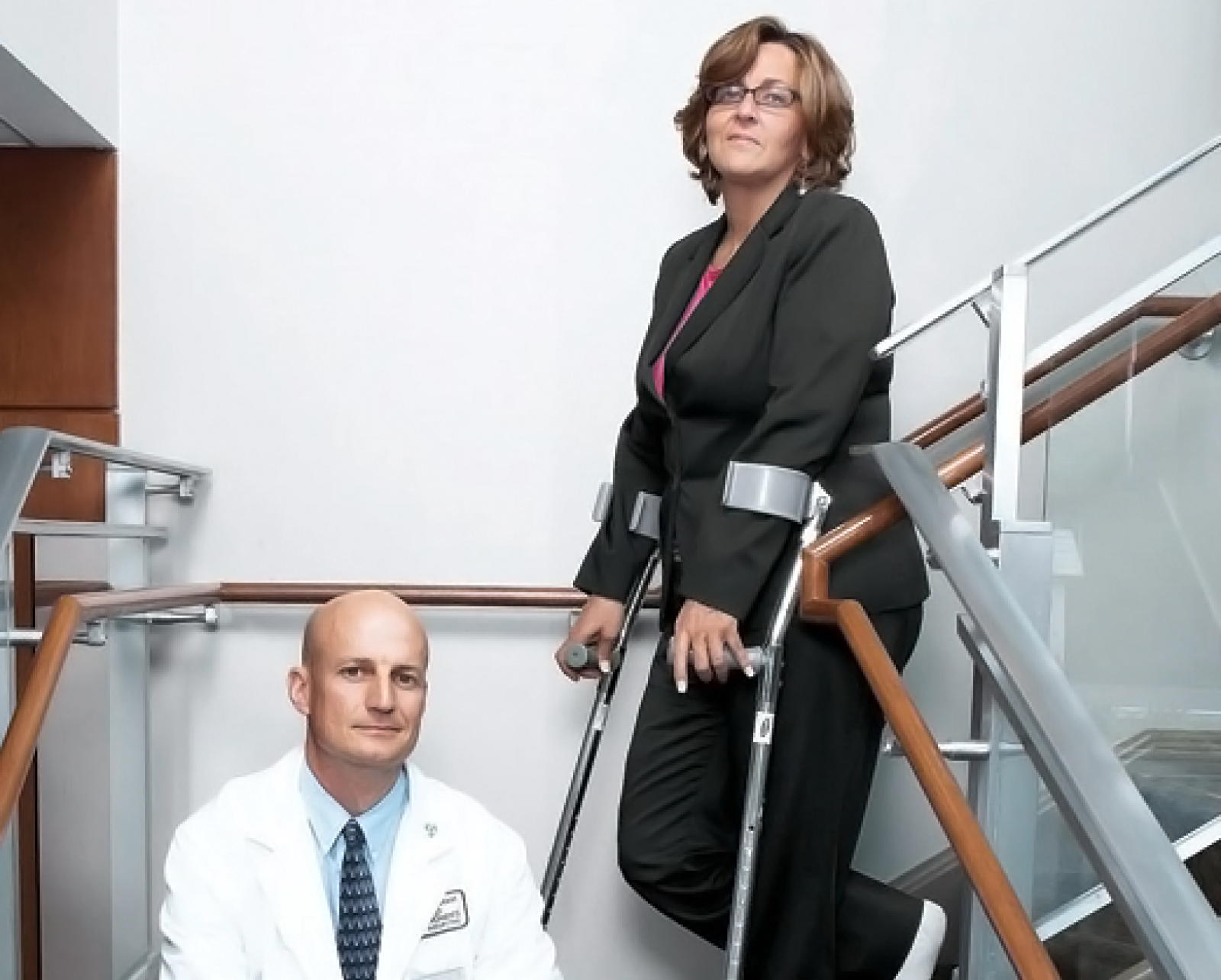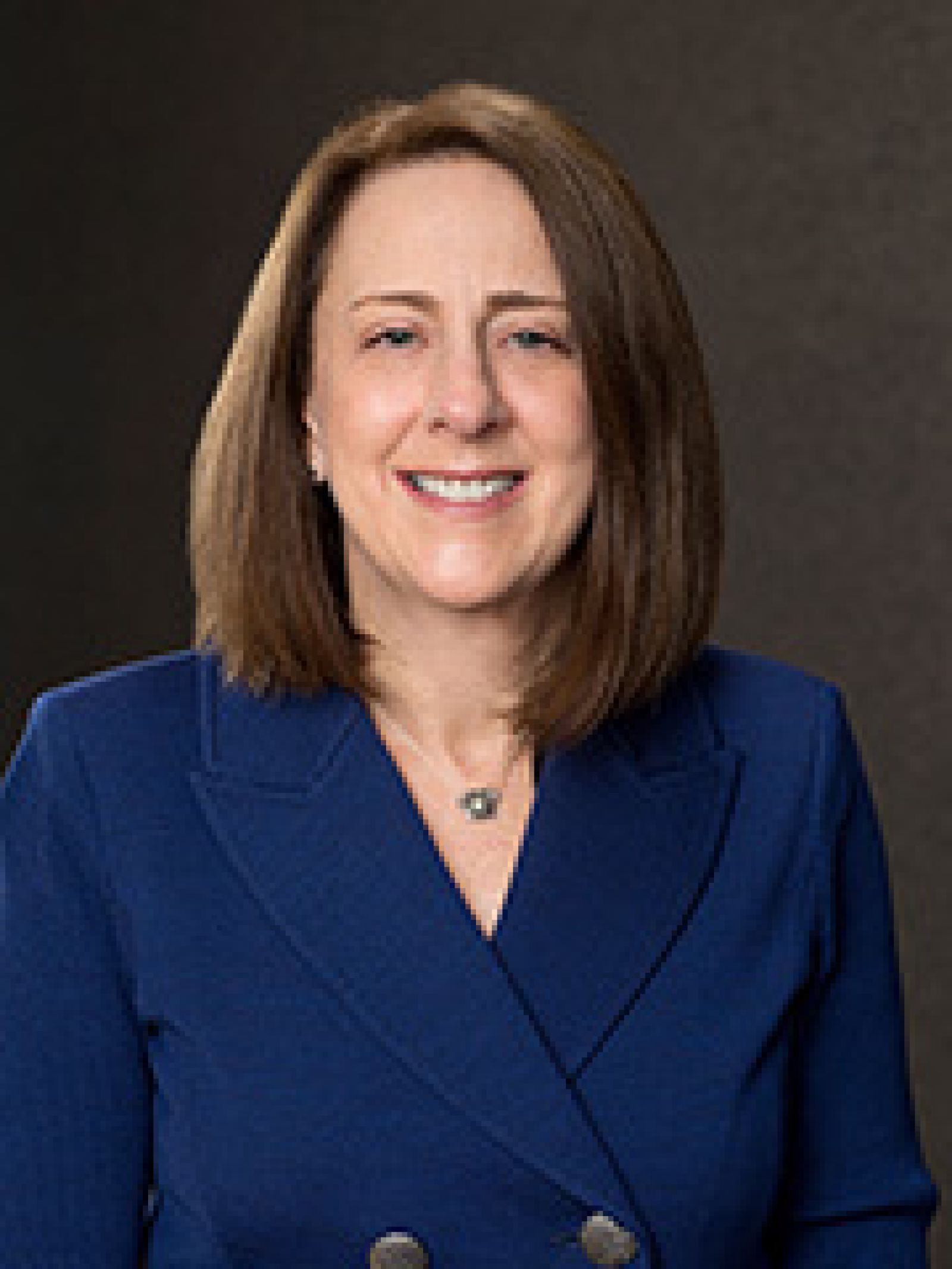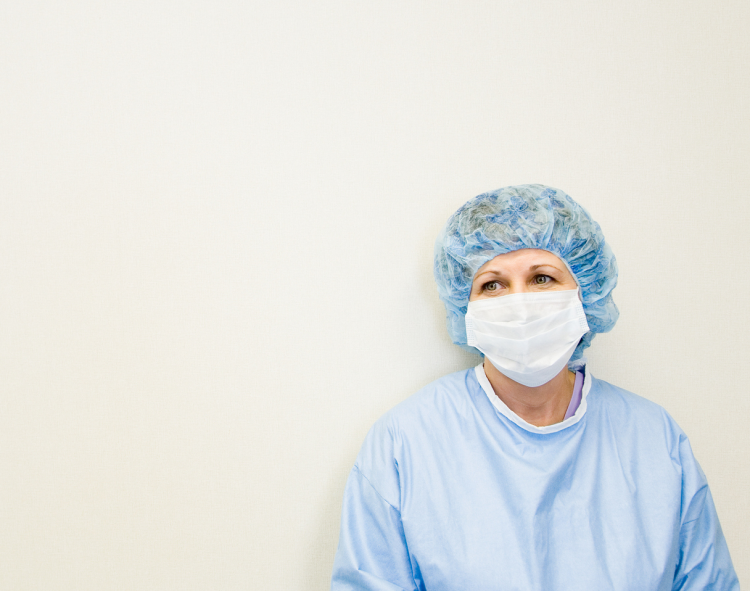Peer support can help after adverse events
Key takeaways
The problem
In addition to patient harm, emotional trauma is a common consequence of medical errors or unanticipated outcomes for patients, families and health care workers.
The background
Most hospitals do not have programs in place to support harmed patients and their families, and often don’t recognize that clinicians and staff members may also need emotional support.
The solution
Trained peer supporters can effectively provide help to patients, families and health care workers.
The action
The Betsy Lehman Center is creating a statewide network of peer supporters for patients and families and conducting a pilot program to support implementation of clinician and staff peer support in five Massachusetts hospitals.
Medical error and unexpected outcomes affect tens of thousands of Massachusetts patients and families each year, as well as the medical staff involved in those events.
While many health care organizations and providers work to reduce patient harm and improve the quality of care they deliver, few have programs in place to support patients, families and health care workers in the aftermath of adverse events.
To help fill that gap, the Betsy Lehman Center is laying the groundwork for a first-in-the-nation, statewide network of trained peer supporters to help patients and families who are impacted by medical errors and unanticipated outcomes.
Equally important, a second aspect of this initiative will focus on clinicians and staff. In 2019, five Massachusetts hospitals will pilot peer support programs for clinician and staff, tailored for each organization. The Center’s ultimate goal is for every health care facility in the Commonwealth to have a way to support clinicians and staff involved in adverse events.

Peer support for clinicians and staff
The Center’s peer support programs are modeled after pioneering work done by a non-profit organization, Medically Induced Trauma Support Services (MITSS). Linda Kenney, founder and president of MITSS, is the new Director of Peer Support Programs at the Betsy Lehman Center. For 17 years, Kenney has worked with clinicians, patients and families dealing with the emotional effects of medical errors and unanticipated outcomes and contributed to the evidence base that informs peer support for health care workers.
Kenney first became aware of the need for peer support as a patient. When she experienced an adverse event in surgery in 1999, she was left to navigate the physical and emotional consequences without acknowledgement or help from the hospital. She also saw firsthand the effects felt by her family as well as the clinicians involved in the event.
Over time, Kenney was able to talk with Rick van Pelt, M.D., the anesthesiologist involved in her care, who reached out to her despite advice to the contrary from the hospital. They forged a working relationship focused on providing support to clinicians, as well as patients and families. van Pelt was the first board chair for MITSS and served on the board of the organization for many years.
Peer support for patient safety
In addition to reducing burnout, a supportive environment contributes to a positive patient safety culture and ensures that clinicians have an opportunity to heal following trauma.
Based on his own experience and years of assisting MITSS with its programs, van Pelt explains that the need for support has been confirmed by a strong base of evidence:
"Research has demonstrated the profound emotional impact that unanticipated adverse medical events can have on clinicians. The research also associates that impact with compromised quality of subsequent care, in the short and long term," he said. "The peer support model pioneered by MITSS has been refined and validated over the years as a key component of a hospital’s response, one that supports the restoration of clinician well-being and their return to baseline clinical excellence. All hospitals should make emotional support for unanticipated adverse medical events a top priority."
Pilot program will assist with implementation
Over the next year, the Betsy Lehman Center will assist five Massachusetts hospitals in establishing internal clinician and staff peer support networks that can be activated when something goes wrong in patient care. The Center will offer:
- Help laying the groundwork for a peer support program
- Onsite training by expert faculty
- Post-training and implementation support as needed
- Staff surveys to boost hospitals’ capacity to tailor and improve the support program
- A learning community across the five hospital pilot sites to share accomplishments and strategies for overcoming barriers

Barbara Fain, J.D., M.P.P., Executive Director of the Betsy Lehman Center, reinforces the Center’s commitment to all who need support following adverse events :
"We know that patient harm events can leave deep and lasting emotional scars on everyone involved. We also know that peer support has been proven to promote resilience and recovery. That’s why the Betsy Lehman Center has committed to supporting implementation of peer support programs for clinicians and patients across Massachusetts."
For more information about the Betsy Lehman Center’s Peer Support Program, contact Linda Kenney at linda.kenney@BetsyLehmanCenterMA.gov or 617-701-8271.
